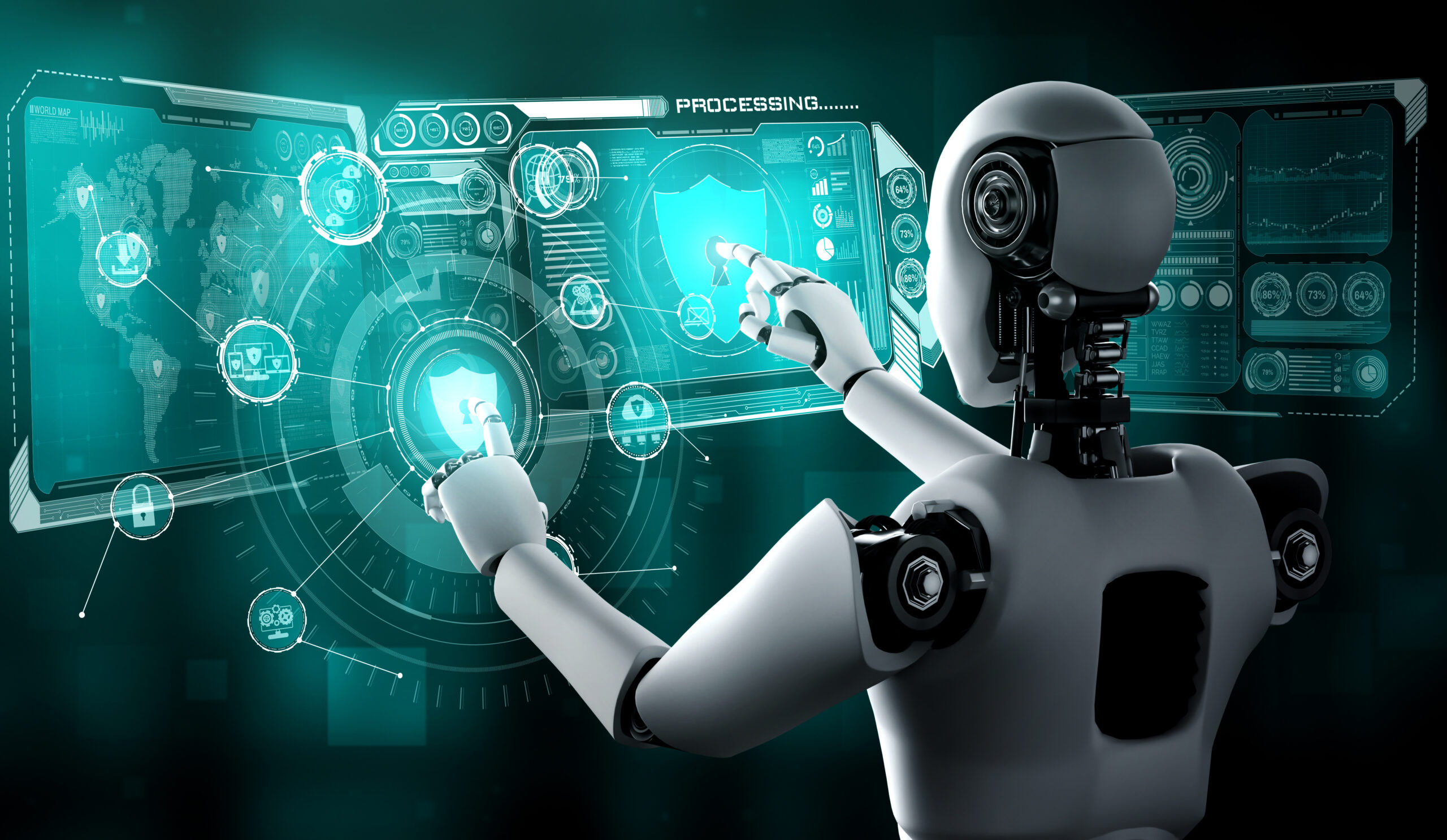
In an era where cyber threats are becoming more sophisticated and frequent, artificial intelligence (AI) is playing a critical role in enhancing cybersecurity measures. AI-driven cybersecurity solutions are transforming the way organizations detect, prevent, and respond to cyber threats. Here’s how AI is revolutionizing cybersecurity and why it is essential for digital protection in today’s interconnected world.
How AI Enhances Cybersecurity
1. Threat Detection and Prevention
Traditional cybersecurity systems rely on predefined rules and signature-based detection, which can be bypassed by sophisticated cyber threats. AI, on the other hand, utilizes machine learning algorithms to analyze vast amounts of data and detect anomalies in real time. AI can identify unusual patterns and behaviors, allowing security teams to address potential threats before they cause damage.
2. Automated Response to Cyber Threats
AI-driven security systems can automatically respond to cyber threats, minimizing human intervention and reducing response time. For instance, AI-powered security solutions can detect phishing attempts, isolate infected systems, and block malicious activities without requiring manual action.
3. Predictive Analytics for Cybersecurity
AI helps in forecasting potential cyber threats by analyzing historical data and recognizing attack patterns. Predictive analytics can provide organizations with insights into emerging threats, enabling proactive measures to strengthen cybersecurity defenses.
4. AI-Powered Authentication
Cybercriminals often exploit weak passwords and authentication methods. AI enhances authentication processes through biometric security, behavior-based authentication, and multi-factor authentication (MFA). AI can analyze keystrokes, login patterns, and device usage to determine whether access requests are legitimate or fraudulent.
5. AI in Threat Hunting
Threat hunting involves actively searching for hidden cyber threats within a network. AI enables security teams to conduct advanced threat hunting by continuously monitoring system activities, identifying vulnerabilities, and suggesting remediation steps.
Challenges of Using AI in Cybersecurity
While AI has the potential to significantly improve cybersecurity, it also comes with certain challenges:
- Adversarial AI: Cybercriminals can use AI to develop more advanced attack strategies, making it a double-edged sword.
- False Positives: AI-based security systems may sometimes generate false alerts, leading to unnecessary disruptions.
- Data Privacy Concerns: AI requires large datasets for training, raising concerns about data privacy and ethical usage.
The Future of AI in Cybersecurity
As AI technology continues to evolve, its role in cybersecurity will only expand. Organizations must invest in AI-driven security solutions to stay ahead of cybercriminals. Future advancements in AI are expected to bring improvements in:
- Self-learning AI systems that can adapt to new cyber threats autonomously.
- AI-driven security operations centers (SOCs) that streamline threat detection and incident response.
- Integration with blockchain technology to enhance data security and integrity.
Conclusion
AI is a game-changer in cybersecurity, offering faster, smarter, and more effective ways to combat cyber threats. As cyber risks continue to rise, leveraging AI-powered security solutions will be essential for businesses, governments, and individuals to safeguard their digital assets. Embracing AI in cybersecurity is not just an option—it’s a necessity in the modern digital landscape.



